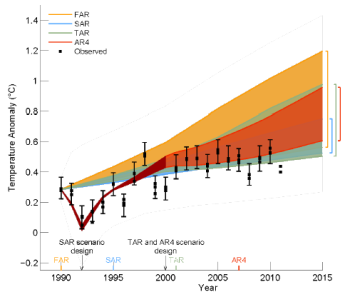In an effort to save money and protect the environment, the U.S. Navy has decided to move away from fossil fuels and back to non-toxic and environmentally friendly wind power.
In an effort to save money and protect the environment, the U.S. Navy has decided to move away from fossil fuels and back to non-toxic and environmentally friendly wind power.
Not letting Republican obstructionism of the budget process go to waste, President Obama’s national defense team is putting together a plan to retrofit US warship with ‘tried-and-true’ sails, taking advantage of free, naturally occurring wind rather than diesel and nuclear fuels that put crews at constant risk of causing an ecological disaster.
Used by many advanced cultures for thousands of years, sails were the environmentally sound propulsion system for naval vessels until the 20th century.
Many experts agree that their return might just usher in a new era of ‘green military technology’ – if it can overcome opposition from the generals and the fossil fuels lobby, whose alleged “concerns” about military readiness only serve to ensure more profits for the military-industrial complex.
Read the whole thing. It makes perfect sense!
In an effort to save money and protect the environment, the U.S. Navy has decided to move away from fossil fuels and back to non-toxic and environmentally friendly wind power.
Not letting Republican obstructionism of the budget process go to waste, President Obama’s national defense team is putting together a plan to retrofit US warship with ‘tried-and-true’ sails, taking advantage of free, naturally occurring wind rather than diesel and nuclear fuels that put crews at constant risk of causing an ecological disaster.
Used by many advanced cultures for thousands of years, sails were the environmentally sound propulsion system for naval vessels until the 20th century.
Many experts agree that their return might just usher in a new era of ‘green military technology’ – if it can overcome opposition from the generals and the fossil fuels lobby, whose alleged “concerns” about military readiness only serve to ensure more profits for the military-industrial complex.
Read the whole thing. It makes perfect sense!

